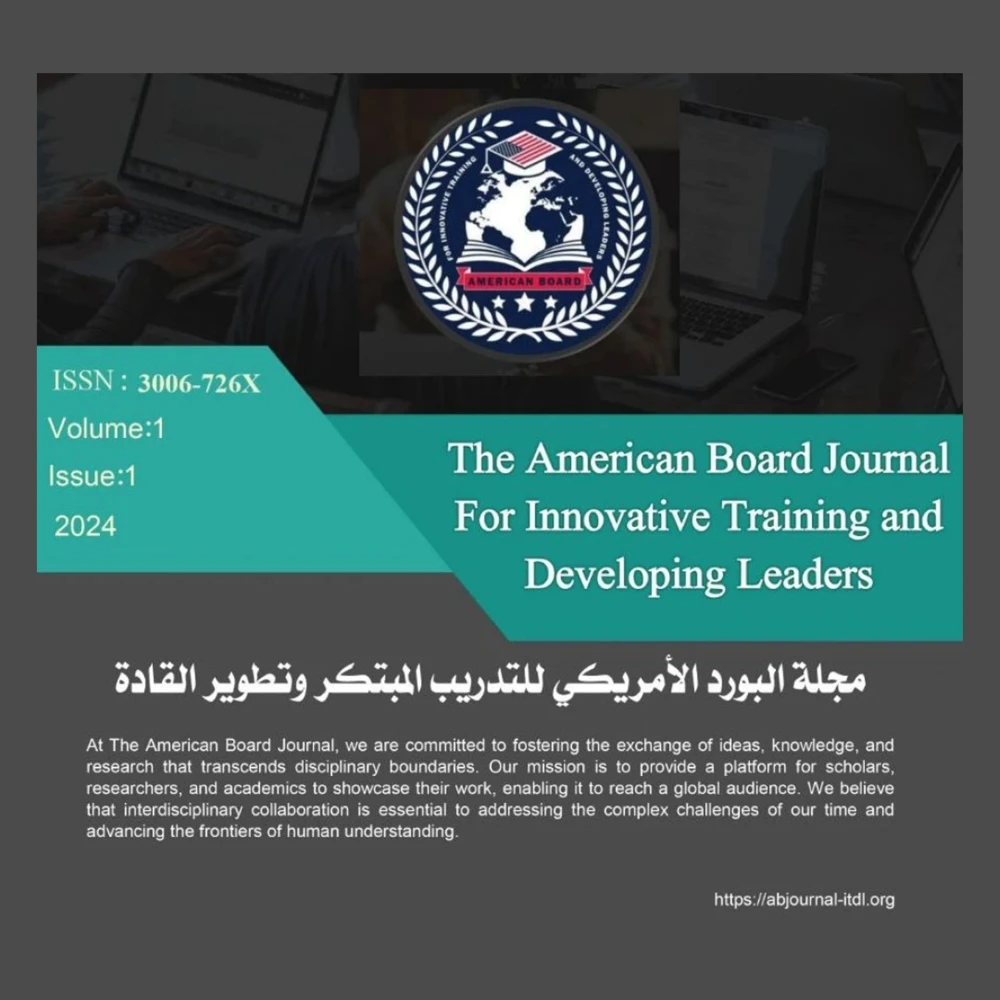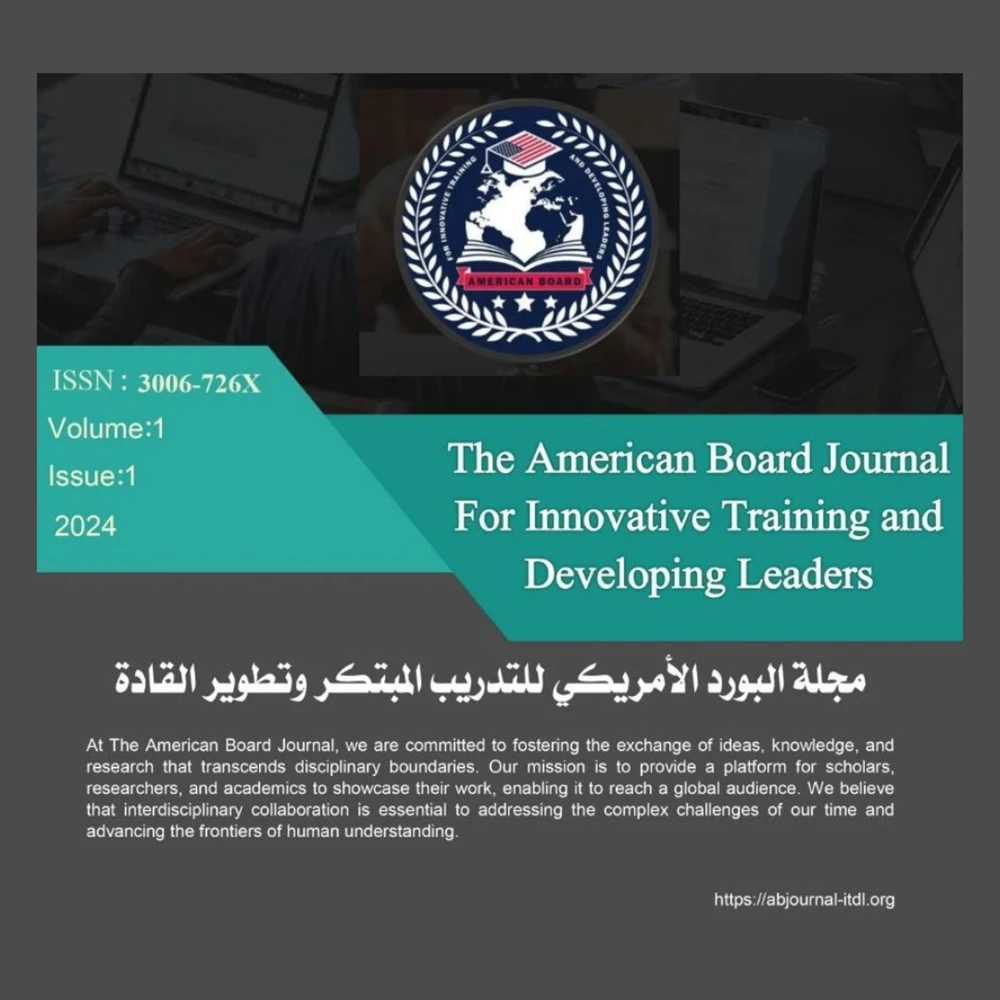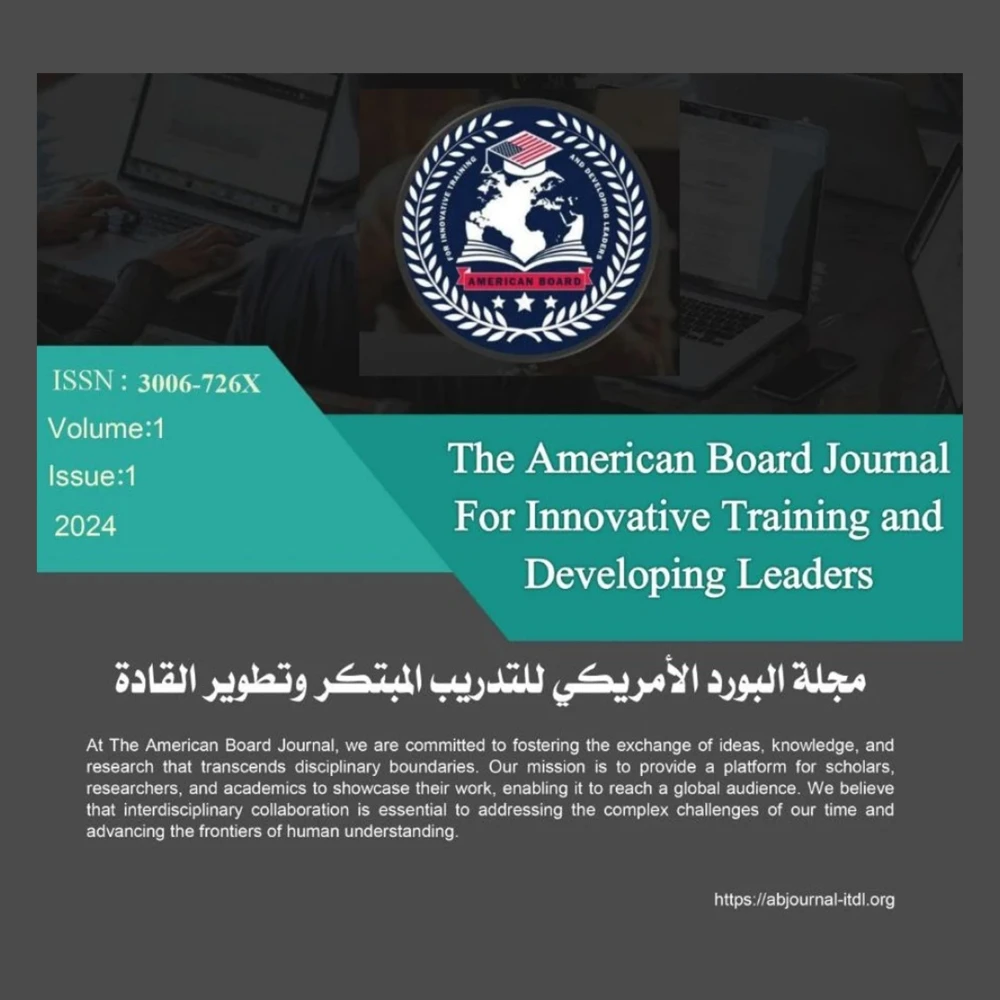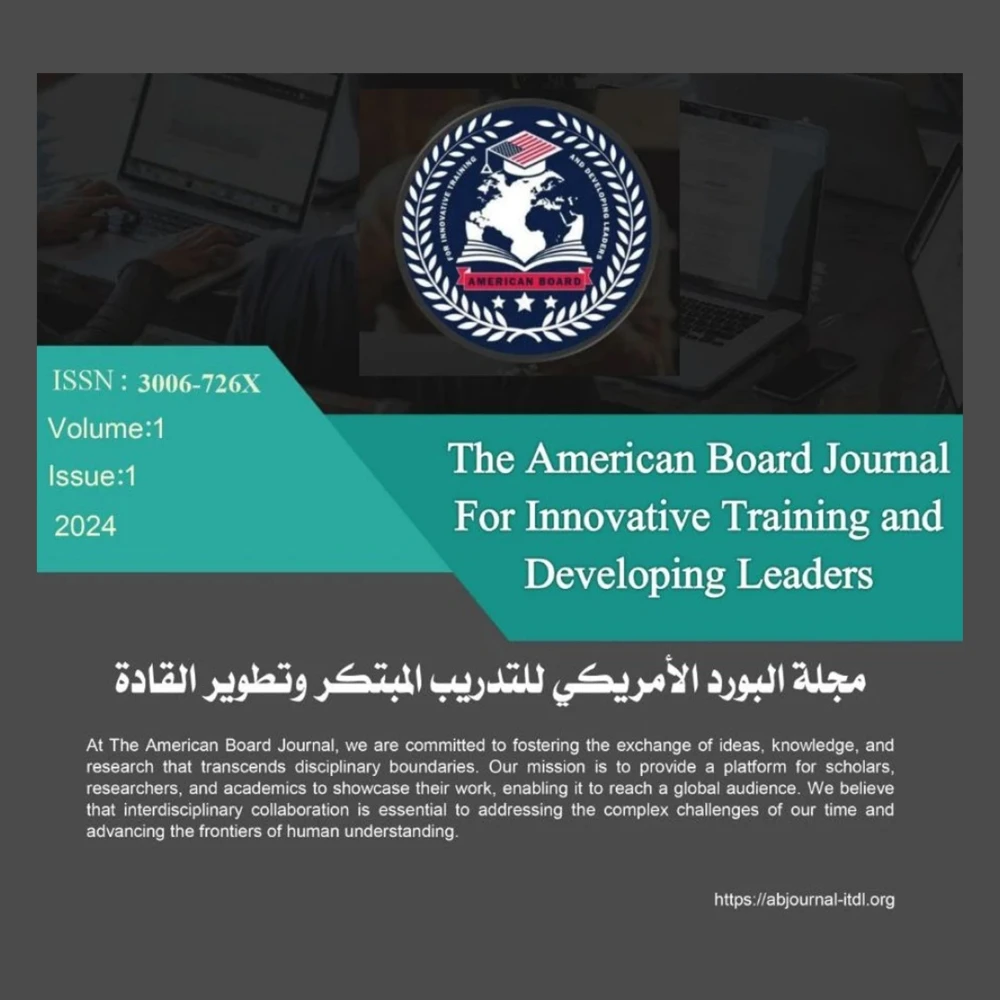

Abstract: Methods of appeal are legal mechanisms that allow individuals convicted in a case to challenge the ruling issued against them. These methods are divided into two categories: ordinary methods of appeal and extraordinary methods of appeal. Ordinary methods of appeal, such as objection to the absentee judgment and appeal, allow the convict to challenge the ruling without being bound by specific reasons. Extraordinary methods of appeal, such as retrial and cassation, require the convict to provide specific reasons for challenging the ruling. This research analyzes the differences between ordinary and extraordinary methods of appeal in civil and labor law. The research also examines the impact of appealing a ruling on the implementation of the ruling. The research concludes that the choice of appeal method depends on the specific circumstances of the case and the grounds for challenging the ruling..
Downloads
Type
Size











